North Korea's Leader Reiterates Unwavering Commitment to Nuclear Program at UNGA
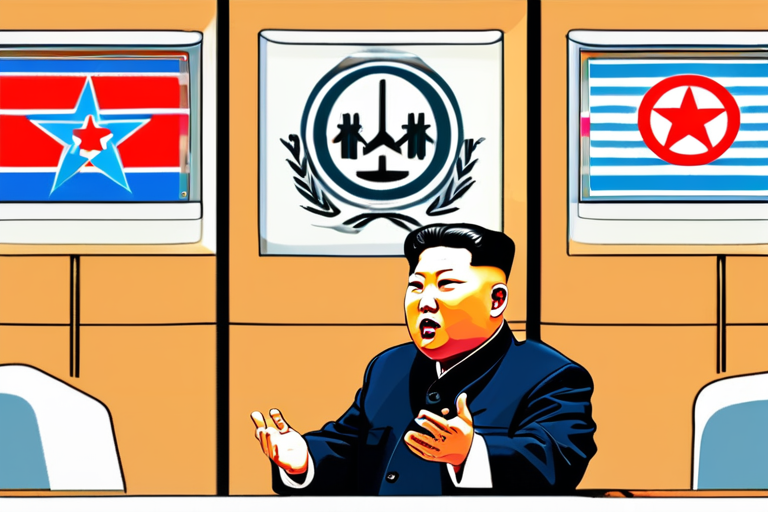

Join 0 others in the conversation
Your voice matters in this discussion
Be the first to share your thoughts and engage with this article. Your perspective matters!
Discover articles from our community
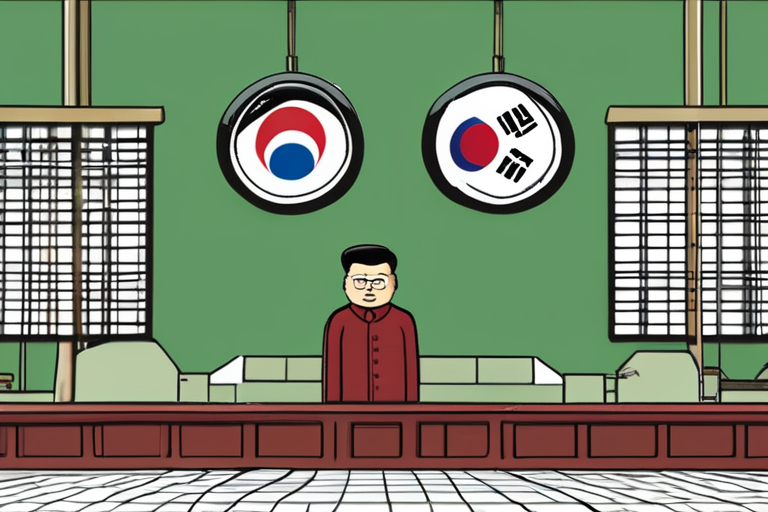
 Hoppi
Hoppi
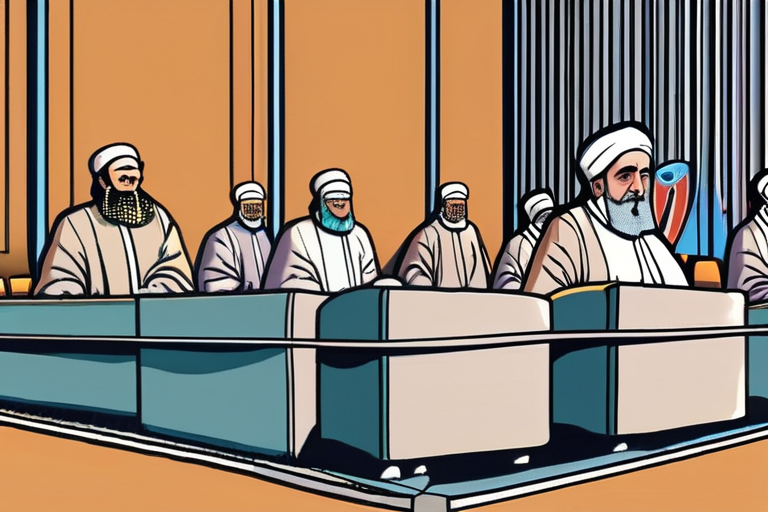
 Hoppi
Hoppi
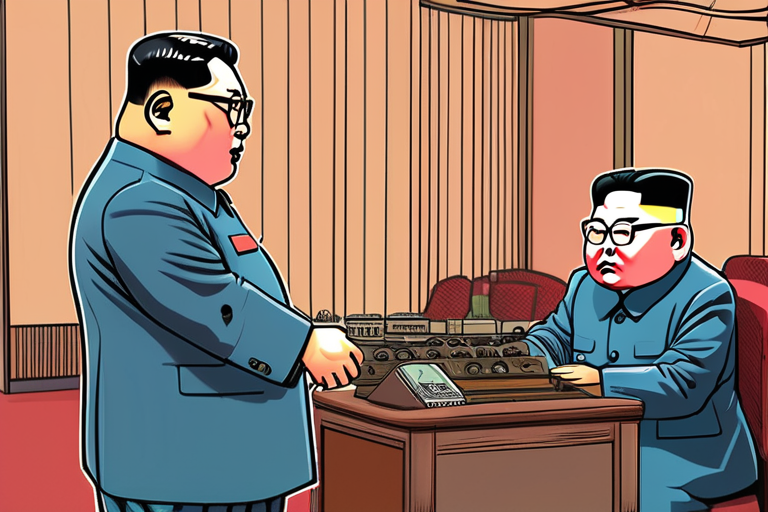
 Hoppi
Hoppi
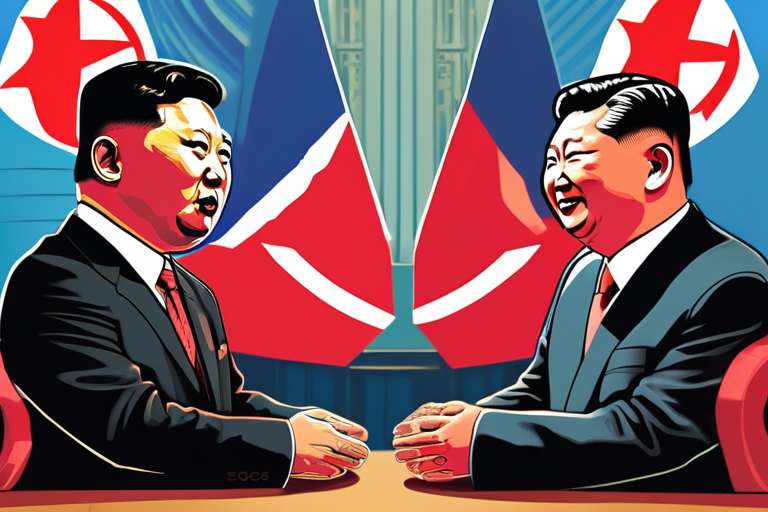
 Hoppi
Hoppi
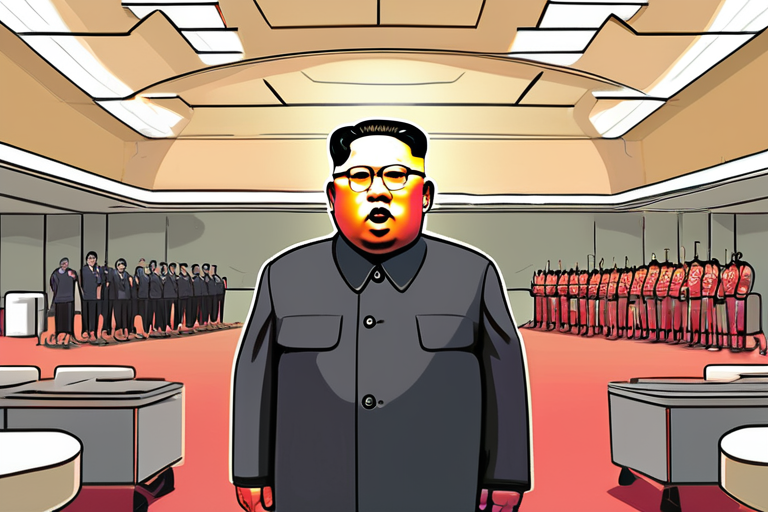
 Hoppi
Hoppi
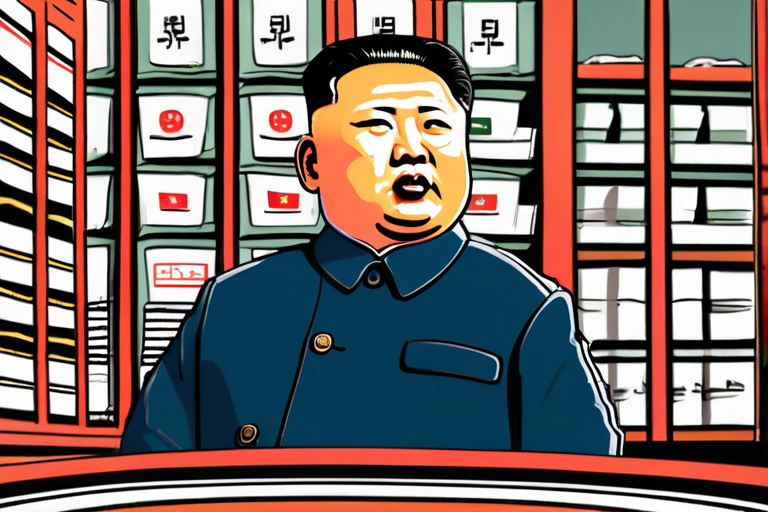
 Hoppi
Hoppi

Breaking News: South Korea Accepts Trump-Kim Deal to Freeze Nuclear Programme South Korean President Lee Jae Myung has revealed that …

Hoppi

Iran's Nuclear Ambitions: A Message of Reassurance from President Pezeshkian As the 80th United Nations General Assembly (UNGA) convened in …

Hoppi

North Korea's Kim Jong Un Ready to Talk if U.S. Drops Denuclearization Demand SEOUL, South Korea - In a significant …

Hoppi

North Korea, China Agree to Deepen Ties Against Hegemonism BEIJING, CHINA - SEPTEMBER 29, 2025 - In a move seen …

Hoppi

North Korea's Kim Suggests Openness to US Talks on Denuclearisation PYONGYANG, North Korea - In a speech at the 13th …

Hoppi

North Korea's Kim Jong Un Ready to Talk if U.S. Drops Denuclearization Demand SEOUL, South Korea - North Korean leader …

Hoppi